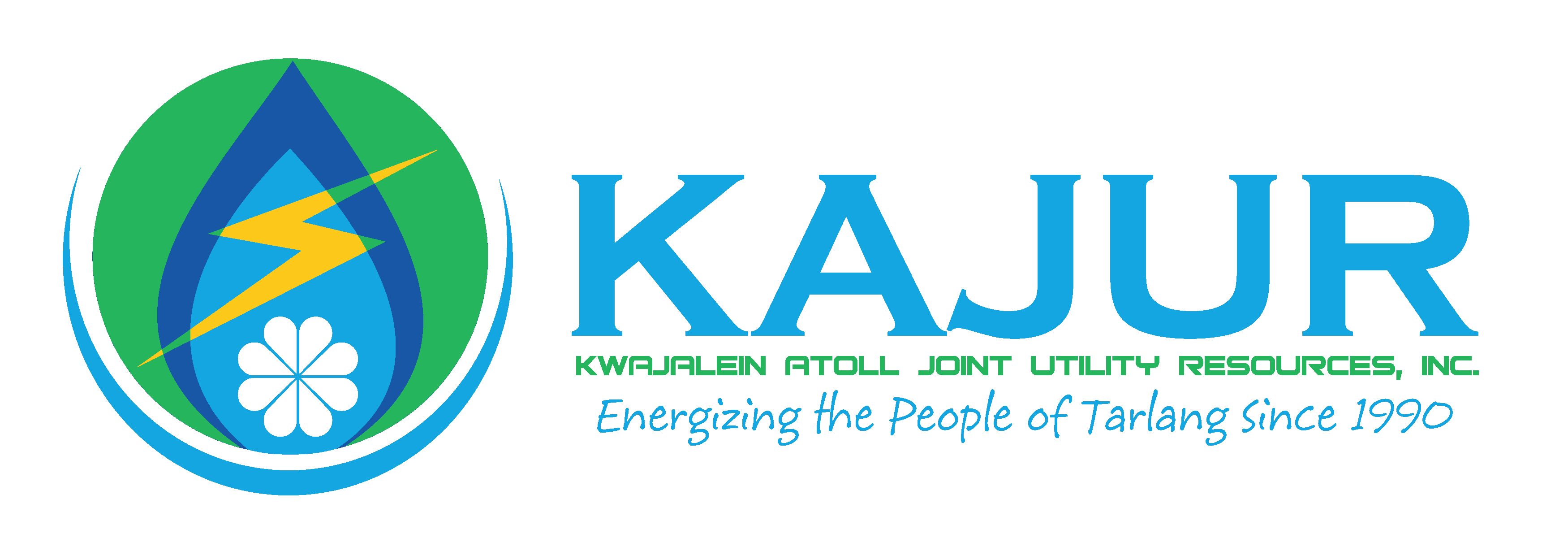USAG-KA Environmental
Kwajalein Atoll Fish Studies/Jerbal in Ekatak Ko Kin Eek ilo Kwajalein Atoll February 2017
Fish studies, in combination with land-based cleanup efforts, continue to evaluate the long-term impacts that industrial activities may have had on the environment at Kwajalein Atoll.
Study Results and Recommendations
In Kwajalein Atoll reef areas near industrial activities, studies indicate concentrations of commonly found industrial contaminants in reef/bottom fish exceed health-based guidelines in the U.S. Army Kwajalein Atoll Environmental Standards (UES). These contaminants include polychlorinated biphenyls (PCBs), lead and arsenic.
Currently, to protect human health, the Army has prohibited fishing from the following industrial areas: Kwajalein Harbor, the Kwajalein Landfill reef flat, Meck Harbor, Illeginni Harbor, Roi-Namur fuel pier, and Wendy Point and landfill areas on Roi-Namur.
Continuing to consume fish from these prohibited areas poses an increased risk for cancer and other health effects.
Fillet samples of game/trolling fish (such as tuna, mahi mahi, wahoo) do not have unacceptable levels of contaminants.
Jerbal in ekatak ko ikijen eek, ekoba jerbal in karreo ko ilo enne, rej wonmanlok wot ilo aer etale ta ko remaron walok non jukjuk im melan Kwajalein Atoll jen jerbal im makitkit ko rej komon ie.
Result in Katak ko im Recommendation ko
Katak ko rej kalikkar ke jonan etton/baijin ko ilo eek in bedbed ko boki jen iar in jikin jerbal ko ilo Kwajalein Atoll relaplok jen jonok ko emoj karoki ke rejjab kauwotata non ejmour ekkar non U.S. Army Kwajalein Atoll Environmental Standards (UES) eo. Etton/baijin kein rej polychlorinated biphenyls (PCBs), lead im arsenic.
Ilo tore in, non kejbarok ejmour an armij, Army eo ej kamoik eonod jen iar in jikin jerbal kein: aba eo ilo Kwajalein, bedbed eo ilo landfill eo Kwajalein, aba eo ilo Meck, aba eo ilo Illeginni, ob in fuel eo ilo Roi-Namur, im Wendy Point im landfill eo ilo Roi-Namur.
Wonmanlok wot im kanni eek ko jen jikin kein emoj kamoik eonod jeni ekoman bwe en laplok uwota kin cancer im naninmij ko jet rejelot ejmour.
Jonan etton ak baijin ko ilo kaniek in eek in lojet ko (einwot tuna, mahi mahi, im wahoo) rejjab tobar jonan en rekauwotata non ejmour. Melele in, eek kein remon non mona.
Current Status
- Fishing is prohibited in industrial areas on Kwajalein, Meck, Illeginni, and Roi-Namur (prohibited areas shown on back).
- Additional samples have been collected and are currently being evaluated from popular reef fishing locations.
- Removal of shoreline metal debris at Kwajalein Landfill is planned.
- Land-based removal of PCB-contaminated soil/sediment/concrete near Kwajalein Harbor is ongoing.
These efforts are coordinated with Republic of Marshall Islands Environmental Protection Authority (RMIEPA), U.S. Environmental Protection Agency (USEPA), U.S. Fish & Wildlife Service (USFWS), U.S. National Marine Fisheries Service (USNMFS) and U.S. Army Corps of Engineers (USACE).
Additional study information and contaminant fact sheets can be found online at www.usagkacleanup.info

Ijo Jetobare Kio
- Emo eonod jen jikin jerbal ko ilo Kwajalein, Meck, Illeginni, im Roi-Namur (jikin ko emoj kamoik eonod ie rej alikkar ilo page ne juon).
- Emoj an jino aer bar etali im aini bar jet sample ko jen eek ko emakijkij aer kojok jen jikin eonod ko ilo bedbed.
- Ewor kotobar ko non komakiti metal ko jen landfill eo ilo Kwajalein.
- Ej wonmanlok wot jerbal ko ikijen komakiti bwidrej/bok/dreka ko iturin aba eo ilo Kwajalein.
Aolepen kotobar kein rej komon iumin lolorjake eo an Republic of Marshall Islands Environmental Protection Authority (RMIEPA), U.S. Environmental Protection Agency (USEPA), U.S. Fish & Wildlife Service (USFWS), U.S. National Marine Fisheries Service (USNMFS) im U.S. Army Corps of Engineers (USACE).
Melele ko relaplok im fact sheet ko ikijen etton/baijin ko rej bed online ilo www.usagkacleanup.info

